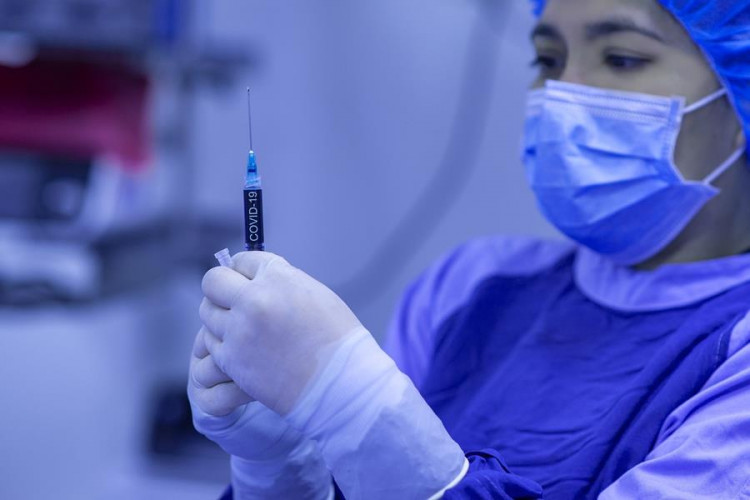Booster injections will be administered to the general public in Indonesia after half of the country's population has been completely inoculated, the country's health minister announced Monday. He expects this to happen by the end of next month.
The world's fourth most populous nation and formerly the center of the COVID-19 outbreak in Asia, Indonesia has immunized more than a quarter of its population of 270 million people, using a range of vaccine brands, the World Health Organization said.
In a parliamentary session, Minister Budi Gunadi Sadikin stated that the government decided on boosters at the 50% point because of concerns about vaccine inequities in the country or overseas.
Budi explained that the plan prioritizes the old and the poor, who are already covered by the government, whereas the rest of the population may have to pay for them. A large number of health-care professionals have previously received booster shots.
Australia started distributing boosters on Monday, and the United Kingdom and Germany have also agreed to do so as well. Because of concerns regarding resistance to the Delta variant of the Sinovac vaccine, Thailand has offered booster doses to recipients of the treatment.
While this is going on, Indonesia's food and drug agency (BPOM) chief announced on Monday that the country is reviewing a pandemic experimental antiviral medication developed by Merck & Co Inc for domestic use, ahead of a possible purchase of up to 1 million doses later this month.
Molnupiravir is the name of the pill, which was approved in the United Kingdom for the first time last month. Merck has disclosed that the pill reduces the likelihood of hospitalization or mortality in people at risk of severe sickness by half.
Molnupiravir is being sought by a number of countries, including the U.S., Malaysia, Singapore, South Korea, Thailand, and the Philippines, among others.
Penny K. Lukito, the head of the Bureau of Pharmaceuticals and Occupational Medicine, said during a parliamentary session that the procedure for registering the medicine was ongoing.
Budi has stated that the country wants to purchase 600,000 to 1 million doses of the Merck tablet in the coming months.
He added that both state-owned and private enterprises have been asked to apply for patent license in order to manufacture the pills in the country.






